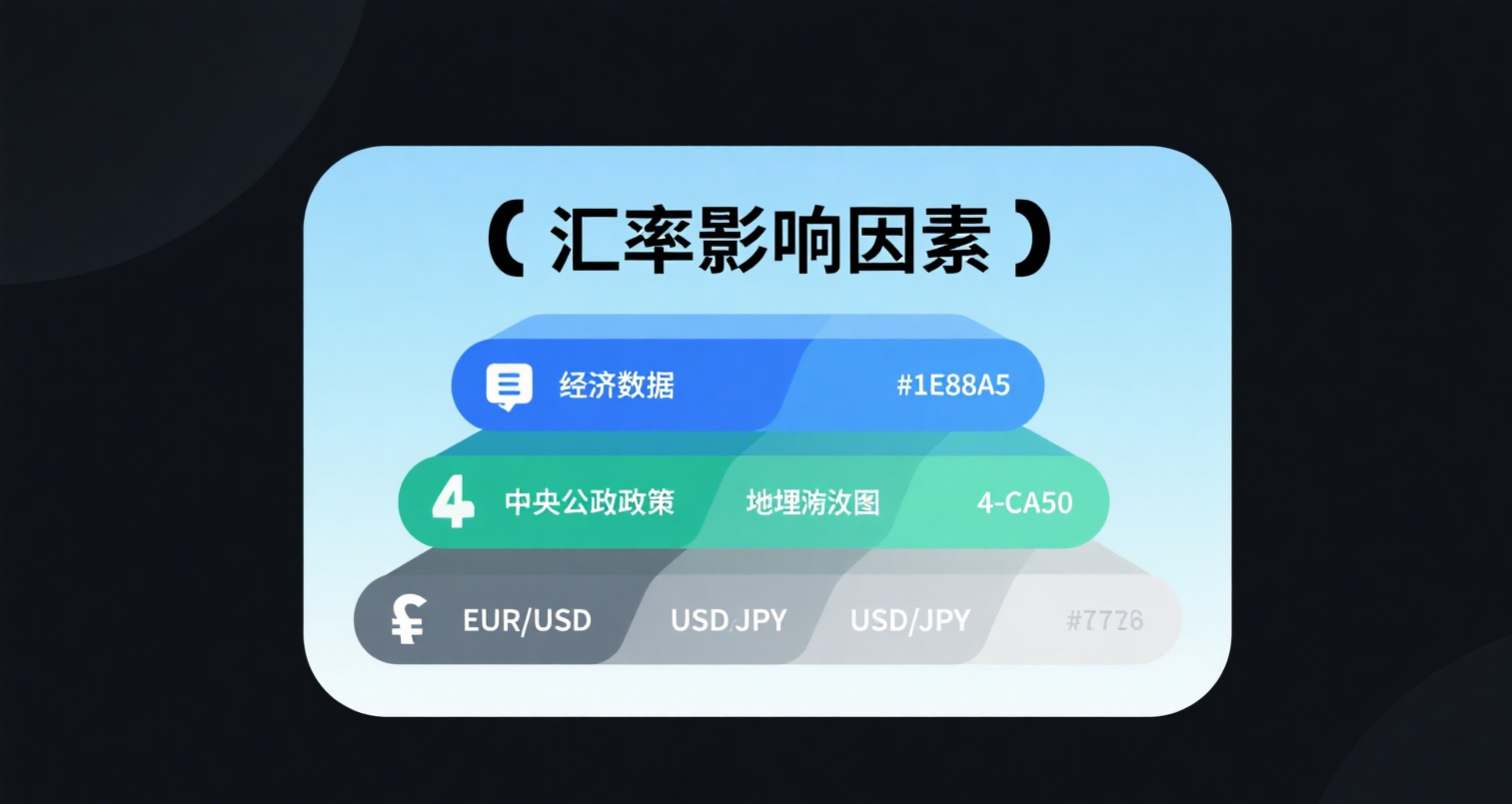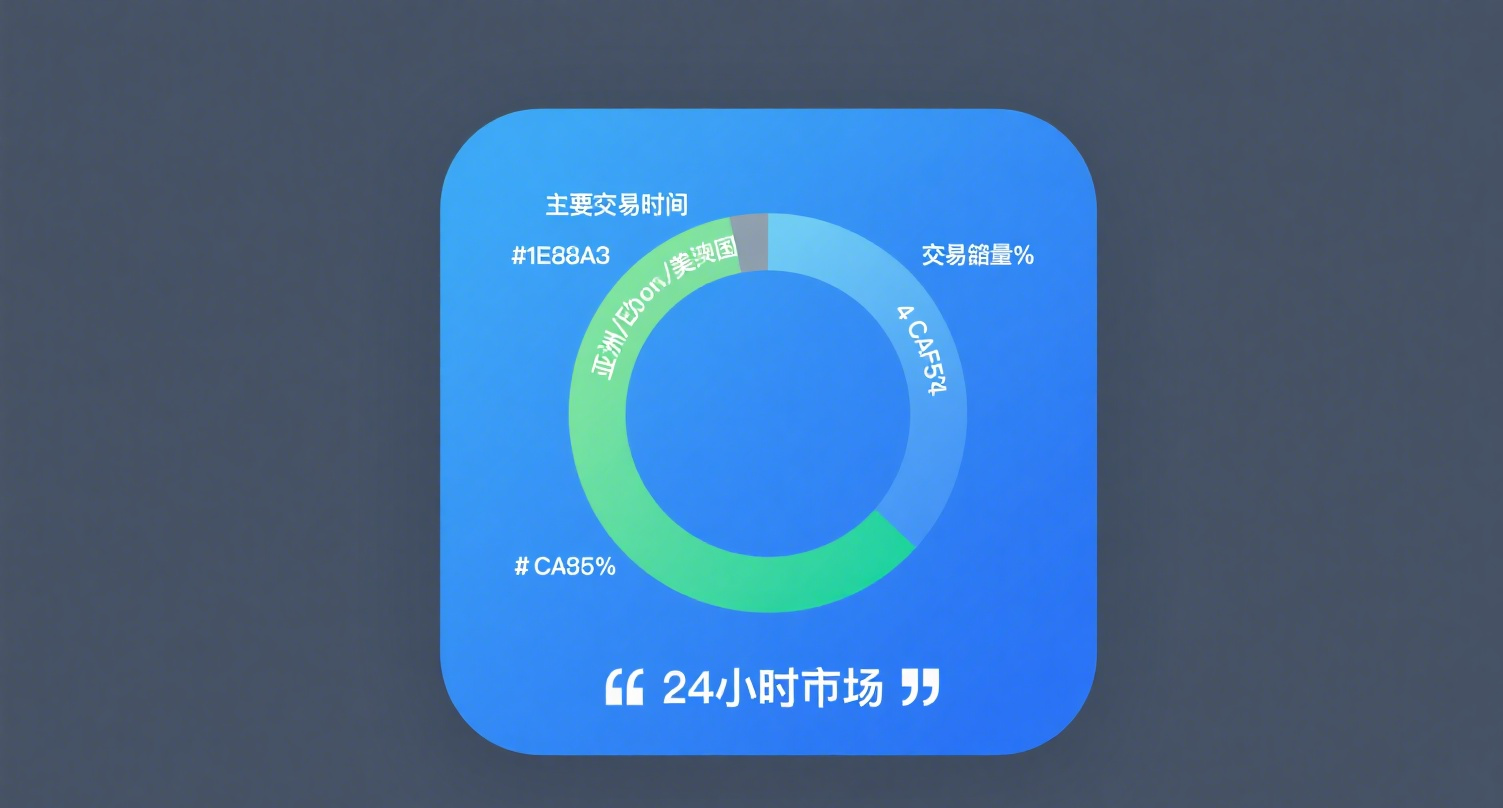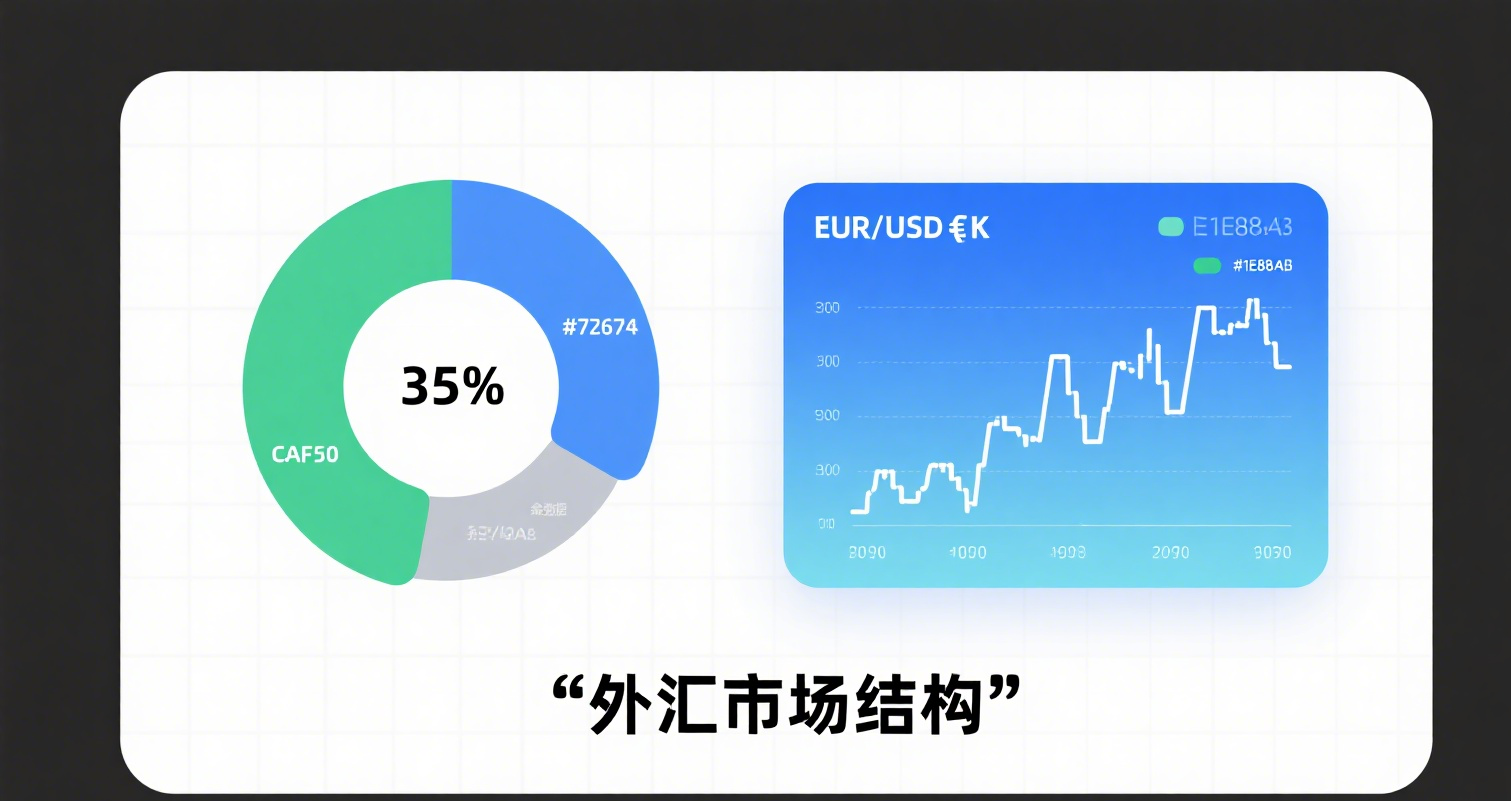
Definition
A cryptocurrency wallet is designed to store your private keys, giving you access to your cryptocurrencies at any time. Additionally, a cryptocurrency wallet allows you to send, receive, and use cryptocurrencies such as Bitcoin and Ethereum.
A cryptocurrency wallet safeguards your private keys (the passwords that grant you access to your cryptocurrencies) and makes them easily accessible, enabling you to send and receive cryptocurrencies like Bitcoin and Ethereum.
Why are cryptocurrency wallets important?
Unlike regular wallets that can hold physical cash, technically, a cryptocurrency wallet does not store cryptocurrencies. Your assets reside on the blockchain but can only be accessed using a private key. The private key proves your ownership of the digital currency and allows you to conduct transactions. If you lose your private key, you will lose access to your funds. Therefore, it is crucial to keep your hardware wallet secure.
How to use a cryptocurrency wallet?
Cryptocurrency wallets come in various forms, ranging from user-friendly applications to more complex security solutions. The main types of wallets you can choose from include:
Paper wallet: The keys are written on a physical medium like paper and stored securely. Of course, this makes using cryptocurrencies more challenging since, as digital currencies, they can only be used online.
Hardware wallet: The keys are stored in a device like a USB drive and kept secure, only connecting to a computer when you want to use the cryptocurrency. This strikes a balance between security and convenience.
Online wallet: The keys are stored in an app or other software, with access protected by two-step encryption.
Each type has its pros and cons. Paper and hardware wallets use offline storage, making them harder for malicious users to access, but they have limited functionality and carry the risk of being lost or destroyed. Online wallets provided by major exchanges like Coinbase are a way to start with cryptocurrencies, offering security features like "password entry." However, we must be aware of the risks associated with online wallets. Since your private information is stored online, your defense against hackers depends on the security measures taken by the wallet provider. Therefore, using features like two-factor authentication is essential. Moreover, being online, these wallets are more vulnerable to phishing attacks and other forms of cybercrime. To mitigate these risks, it is recommended to enable all available security features, stay vigilant against suspicious activity, and consider storing larger amounts of cryptocurrency in offline hardware wallets.
















